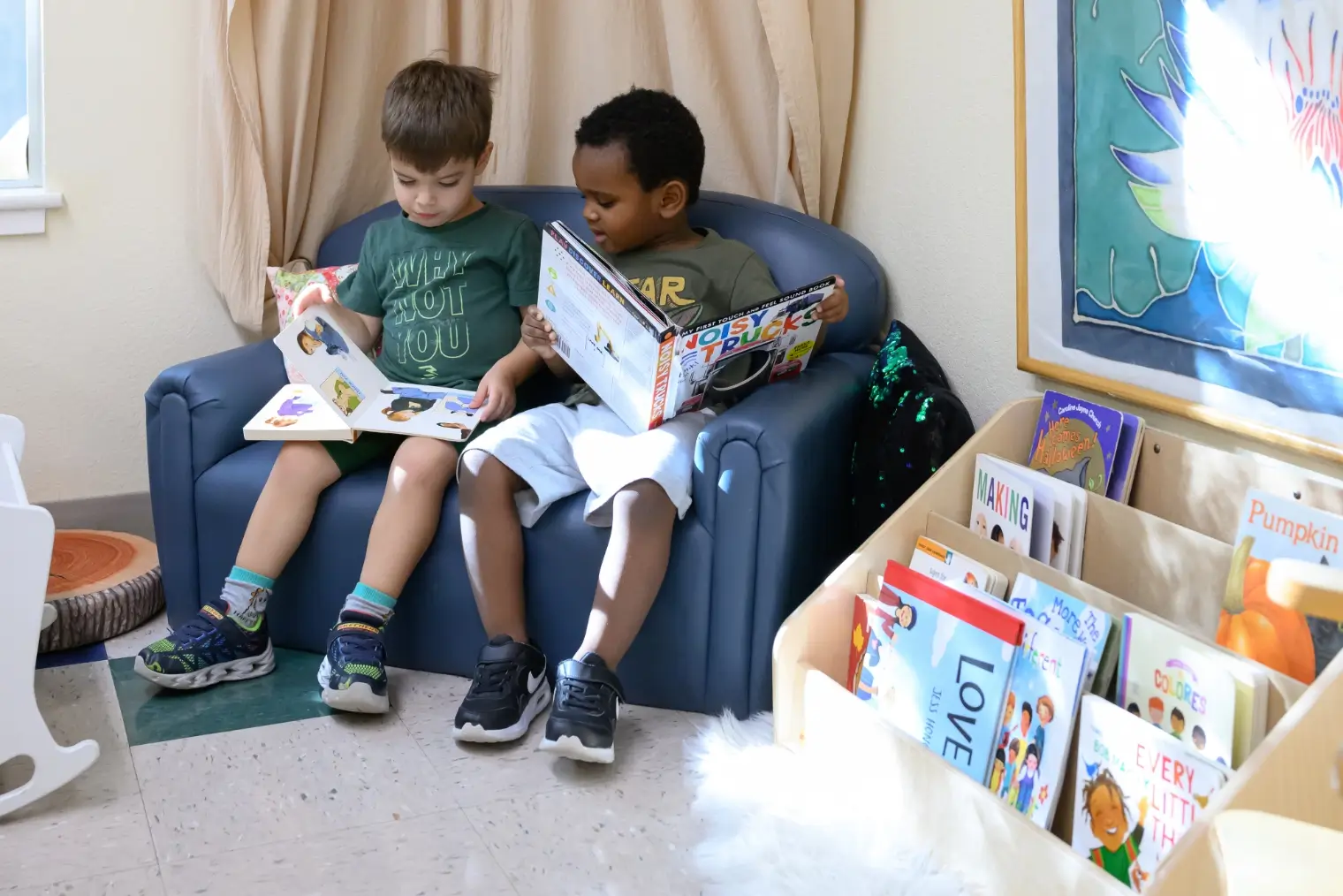Montessori Life, Winter 2017
By Kathy Carey
How do grandparents fit into today’s hectic, technology-driven world? Probably just fine, if at moments we become a bit agitated by the seemingly volcanic changes in our surroundings. We use cell phones and wonder how we ever left home without them! We email, text, use electronic map programs to get around (or to avoid getting lost), and store thousands of photos of our off- springs’ offsprings’ extraordinary cuteness. Through photos and stories, we can be as boring as any new parent, without having to get up several times in the middle of the night.
My daughter-in-law said to me, when her son was almost 2, “You are so patient with him.” I reminded her that I go home to a quiet house, where things stay where I leave them, and that I get to sleep through the night without disturbance—so patience in my life is hardly an effort.
Grandparents can be patient, can look at difficult behavior and avoid the leap to dark conclusions, and can deal with whining, crying, silliness, and a variety of other actions with calm but clear messages because they remember and understand the normalcy of most youthful behaviors. The “ace” the grandparent holds, having played this game before, is the belief in worthiness. Worthiness eschews comparisons, values competence, avoids shame and blame, seeks understanding, and focuses not on what should not have been done but rather on what “needs to be understood” (Growing Parent, 1979).
Are all grandparents on board with these attitudes? Certainly not. When I owned a toy store, I had a few customers who stated openly that they had as little to do with their grandchildren as possible. Another woman I know, who has several grandchildren, said she continues to work because she does not want to “babysit” her grandchildren—as if that were her only choice. However, these grandparents are in a minority, as current demographics suggest:
- 72% think being a grandparent is the single most important and satisfying thing in their life.
- 63% say they can do a better job caring for grand- children than they did with their own.
- 68% think being a grandparent brings them closer to their adult children.
- 90% enjoy talking about their grandkids to just about everyone.
It appears that Mario Montessori, Jr., had a grand-mother who reflected these attitudes—Maria Montessori. He devotes a chapter to his beloved grandmother in his book Education for Human Development: Understanding Montessori (1992). He is lovingly straightforward: “My relationship with her was a special one” but not “saintly…for we both had a temper and a passionate nature” (p. 106). Though often separated, Montessori kept in touch by writing at least once a week, when possible. Mario refers to the “internalized parent figure” and “a central figure” who supported him in challenging times. He recalls that she took him often to movies; told stories, many of which were fanciful; and took part in games with roles to be acted out. And, perhaps most reflective of their relationship, Mario remembers, “We had a lot of fun together” (p. 113). Would not most grandparents want to be remembered this way?
About the Author
KATHY CAREY, MAT, is co-editor of Montessori Life. She is AMS-credentialed (Early Childhood). Contact her at kathycarey@amshq.org.
References
Growing parent. (February, 1979). Vol. 2. Lafayette, IN: Dunn & Hargitt.


